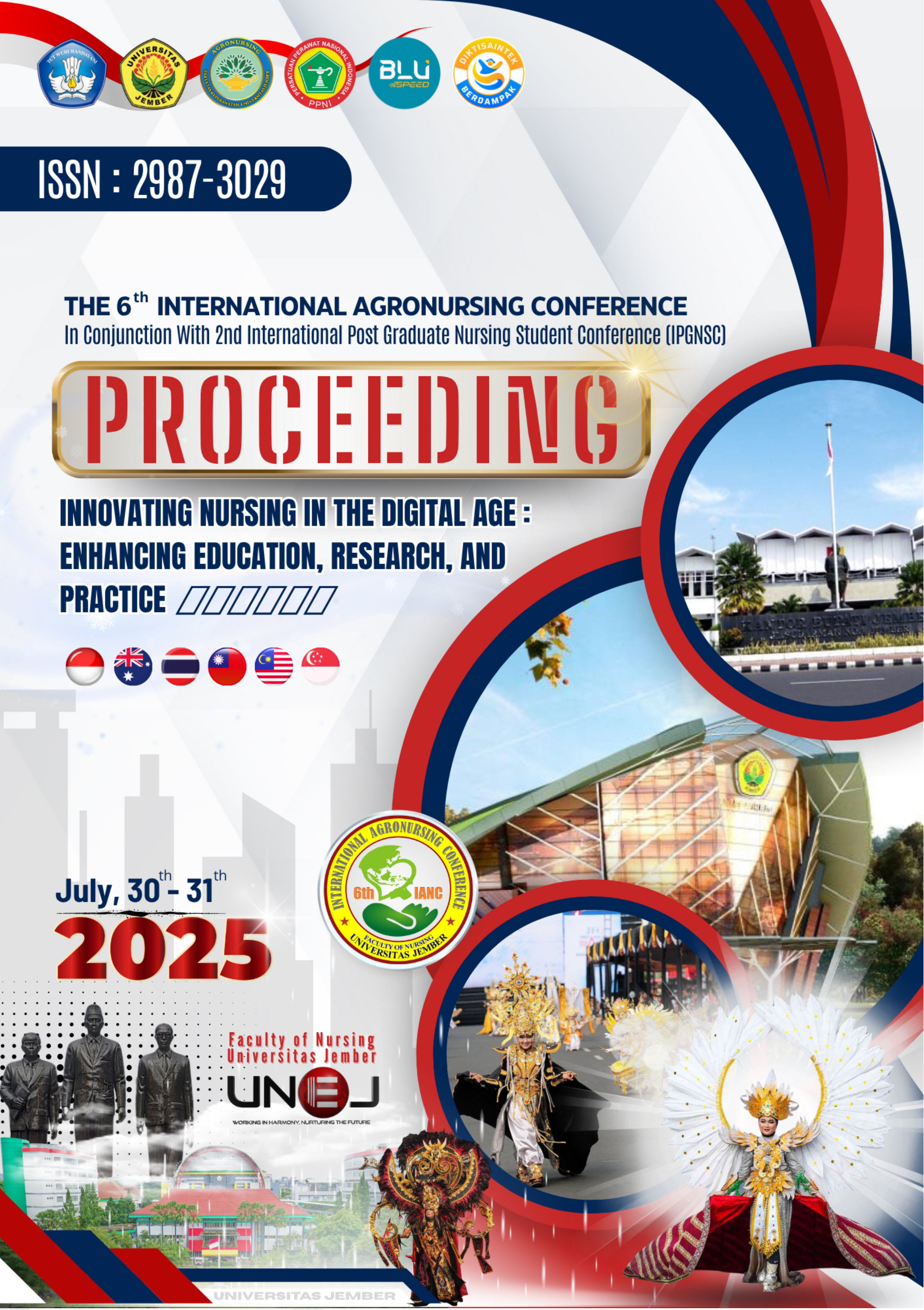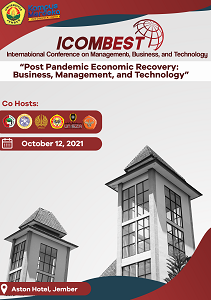FACTORS SUPPORTING INTERPROFESSIONAL COLLABORATION IN HOSPITALS: A SCOPING REVIEW
Abstract
Background: Interprofessional Collaboration (IPC) in hospitals plays a crucial role in enhancing the quality of healthcare services, team effectiveness, and patient safety. IPC facilitates better coordination among healthcare professionals from various disciplines, thereby improving team efficiency and reducing the risk of medical errors. Despite its numerous identified benefits, the implementation of IPC still encounters challenges, including rigid hierarchies, ineffective communication, resource limitations, and resistance to change. Therefore, this study aims to identify and analyze the supporting factors of IPC in hospitals as well as the challenges faced in its implementation. Methods: This study employed a scoping review methodology with a systematic literature search in the ProQuest, PubMed, and BMC databases. Articles published between 2015 and 2024 were screened based on predefined inclusion and exclusion criteria. Out of the 1,711 articles initially identified, 54 were selected for full-text evaluation. Following a quality assessment using the Joanna Briggs Institute (JBI) framework, 10 articles were ultimately analyzed. The studies included in this review explored various aspects of IPC in hospital settings, including communication effectiveness, leadership support, technological utilization, and interprofessional education in enhancing healthcare team collaboration. Results: The findings indicate that effective IPC relies on several key factors, such as supportive leadership, open and structured communication, the use of information technology such as electronic medical records, and integrated interprofessional training. The implementation of policies that support IPC also contributes to improved interprofessional coordination. However, several challenges persist, including hierarchical organizational structures, limitations in technological infrastructure, and the lack of continuous education programs aimed at fostering interprofessional collaboration. Furthermore, there is a research gap regarding long-term evaluations of IPC's impact on patient care quality and overall healthcare system efficiency. Conclusions: Interprofessional collaboration in hospitals has been proven to enhance service quality and team effectiveness in delivering patient care. However, the successful implementation of IPC requires stronger policy support, improved interprofessional communication skills, the utilization of digital technology, and more structured interprofessional education. To ensure the sustainable benefits of IPC, further research is needed on its long-term impact and adaptive strategies that can be implemented in various healthcare settings.








